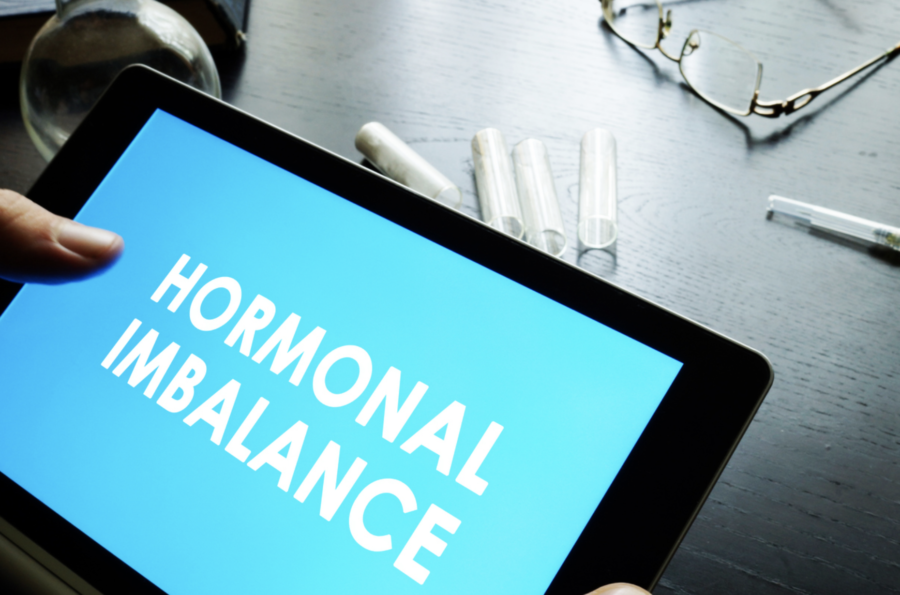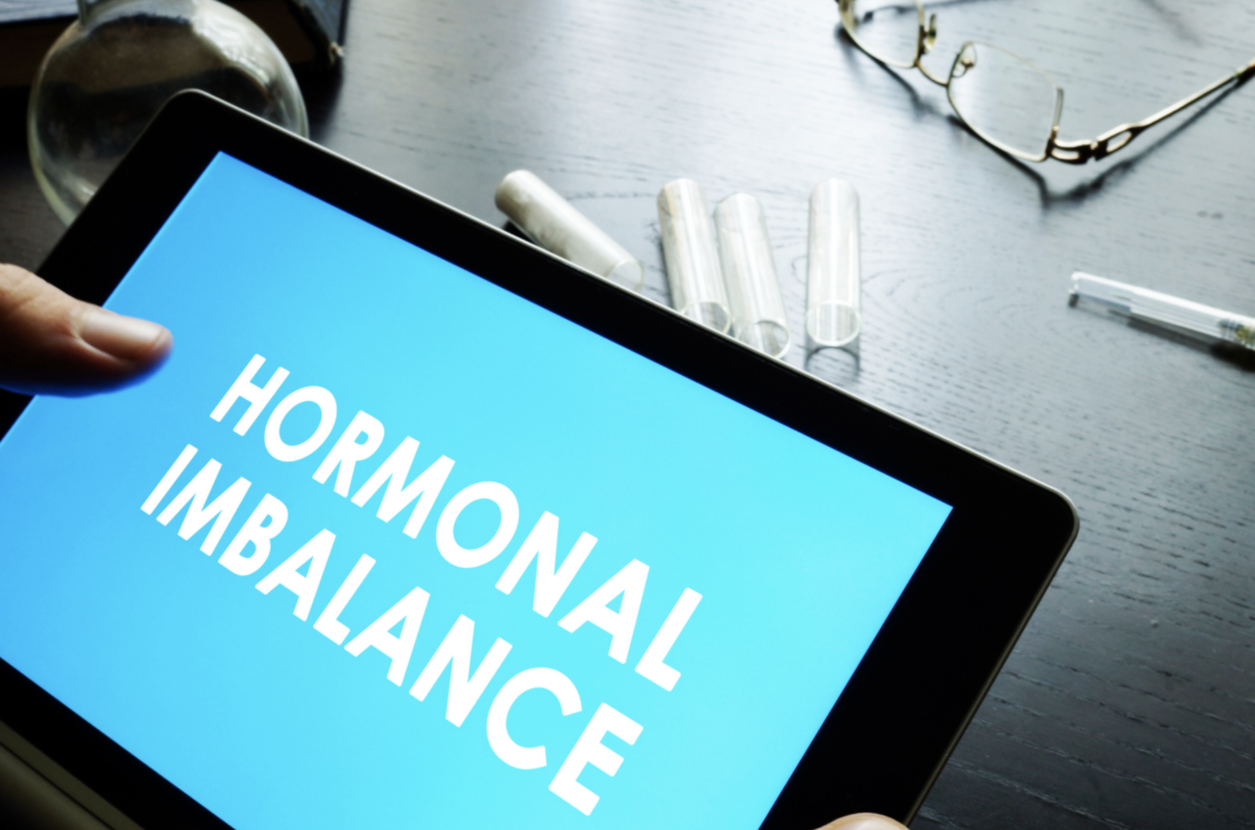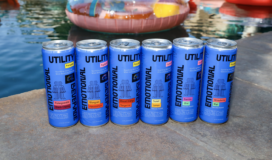
Hormones play a crucial role in how we behave and respond to different situations throughout life and can influence intimacy. Hormonal imbalance can affect your intimacy desire by reducing libido, causing vaginal dryness, premature ejaculation, and the inability to achieve and sustain an erection. You’ll notice these things as you get older.
A whole lot of things can go wrong in your body when your hormones are deficient or in excess. And both men and women can suffer from it. Thankfully, you can treat hormonal imbalance through hormone therapy and lifestyle practices.
Hormonal imbalance impedes your intimacy with age
Different things can cause hormonal imbalance, such as polycystic ovary syndrome, puberty, pregnancy, or even stress. As you age, your sex-regulating hormones decline naturally, leading to a loss of desire and sexual function. For example, testosterone starts falling by 1% each year after age thirty. Whether you’re a man or woman, you’ll find your desire for intimacy dropping due to this testosterone deficiency.
There are typically three hormones whose imbalance can affect your intimacy desire. They are:
Testosterone
Estrogen
Dehydroepiandrosterone (DHEA)
Three ways hormonal imbalance affects intimacy
Loss of desire due to low T
Testosterone is present in men and women and regulates muscle mass and strength, fat distribution, and sexual desire. In short, testosterone is often called the hormone of desire.
Low testosterone (low T) causes a lower sex drive in both men and women. What happens is that you might not be as eager to get intimate with your partner as before.
While men naturally produce higher testosterone levels, women have it in lower quantities. All the same, we all require sufficient T levels to maintain a healthy mood, libido, and healthy muscles. Most women will experience hormonal imbalance during peri-menopause due to low T, contributing to vaginal dryness.
Estrogen fluctuations
Estrogen levels fluctuate throughout a woman’s life. However, the fluctuation becomes more prevalent during peri-menopause until it gets deficient.
This is what happens. When you are estrogen dominant (high levels of estrogen), it triggers a low level of progesterone, which dampens your mood and causes heavy periods and fatigue, which can drain your desire for intimacy.
On the other hand, estrogen deficiency causes vaginal dryness and thinning of the vaginal wall. The result is that sex will become painful.
A drop in DHEA levels
Dehydroepiandrosterone (DHEA) is a hormone that influences the levels of estrogen and testosterone, thus affecting your life. Again, this hormone reduces with age. By age 80, your DHEA levels will be about 5-10% of what you had during your fertile years.
Notably, a drop in DHEA influences a dip in the other sex hormones. And chronic stress can reduce your DHEA levels. That’s why you are naturally disinclined to intimacy when highly stressed.
Treatment for hormone imbalance
Although nature has designed it that way, living with hormonal imbalance at age 40-50 when you still feel virile isn’t very nice. There’s no reason you shouldn’t be able to enjoy intimacy with your partner to a ripe old age. Thankfully, you can correct depleting hormones through replacement therapy. And thanks to technology, TRT via telemedicine allows people to begin their testosterone replacement therapy live from home. You can replenish your depleting hormones to regain your vigor, libido, and wellbeing.
If your hormonal imbalance is due to stress, implementing stress management techniques should do the trick.
Common Symptoms of hormonal imbalance
Note that although sex hormones decline with age, an imbalance may occur at any time during life. You may need replacement therapy when that happens. But how do you know you have an imbalance?
Here are some tell-tale signs of hormone imbalance in men:
Loss of hair
Low sex drive
Fatigue
Weight gain, even when engaging in the same physical activity as always
Difficulty in building muscle
Inability to achieve or sustain an erection
Premature ejaculation
Symptoms of hormonal imbalance in women:
Vaginal dryness
Decreased libido
Pain during intercourse
Mood swings
Excruciating menstrual cramp
Irregular period
Fatigue and lethargy
If you’re experiencing the above symptoms, you may be suitable for testosterone replacement therapy.
Increasing your testosterone levels to normal will help you attain your ideal health status before the decline.
The bottom line
Hormonal imbalance can cause a decline in your sex hormones, decreasing your desire and sexual function. Long life is desirable, but age comes with undesirable attributes. That includes the risk of diseases, lower strength, and decreased sexual function.
However, we don’t always have to succumb to them all. Thanks to advancements in medicine, you can replenish your depleted hormones and live the life you desire.
_______________________________________

















